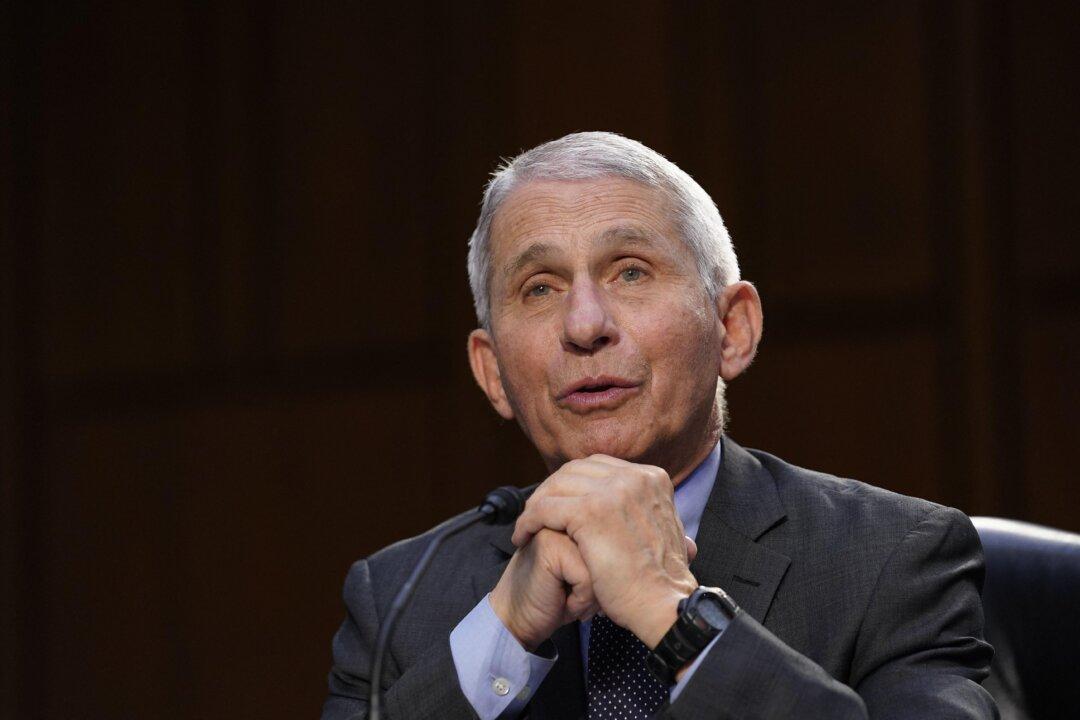Dr. Anthony Fauci was slated to step down from heading the National Institute of Allergy and Infectious Diseases by Dec. 31, though the agency has not officially confirmed it yet.
Earlier this year, both Fauci and NIAID said that he would be stepping down from his federal positions by the end of December. As of Sunday, NIAID’s website still listed Fauci as the director of the agency.





